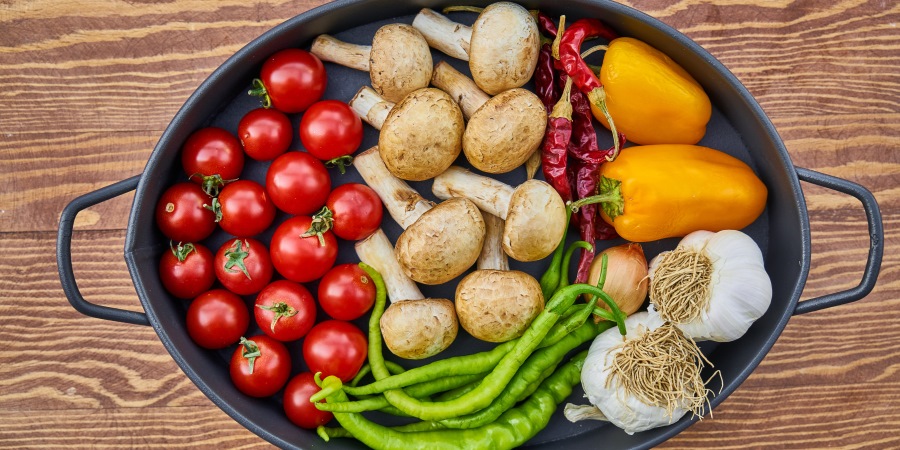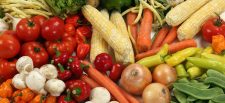The UK organic market is now worth more than ever, at £2.2 billion, up 6%, with online and high street sales growing faster than supermarket sales, according to a recent report.
The Soil Association’s 2018 Organic Market Report has revealed that the organic market has now had six years of steady growth, with organic accounting for 1.5% of the total UK food and drink market.
According to the report, last year saw sales of organic in independent retail grow by 9.7%, and in home delivery by 9.5%, with almost 30% of all organic sales now taking place online or on the high street.
Supermarket sales of organic have also continued to increase, rising by 4.2% this year, while non organic sales increased by over 2%.
Key growth areas highlighted in the report include produce, which jumped by 6.5% with the highest value growth, equating to over £20 million in sales; chilled foods, with whopping growth at 21%, now accounting for 3.4% of the total UK organic market; and dairy, which increased sales by around 3%, maintaining the highest share of the organic food market at nearly 29%.
In addition, organic sales in foodservice also grew by 10.2%.
Clare McDermott, business development director at Soil Association Certification, commented: “One of the biggest stories for organic over the past couple of years has been the rise of online shopping, and it’s a trend that shows no sign of slowing down.
“Driven by convenience, an ever broader range of choice, and by younger generations entering the market, it’s no surprise online sales are outperforming the traditional supermarket on organic.”
Rose Price, head buyer at Ocado, added: “We know how important organic is to our customers, and that’s why we’ve spent the last year expanding our ranges of organic to meet rising demand. As a result of a recent Meet the Buyer event, we are hoping to launch over 100 new products during 2018.
“We see no end to the strong growth in organic, as the market has been buoyed by a new generation of shoppers looking to spend their earnings on food and drink that is not only better for them, but also for animal welfare and the environment.”









